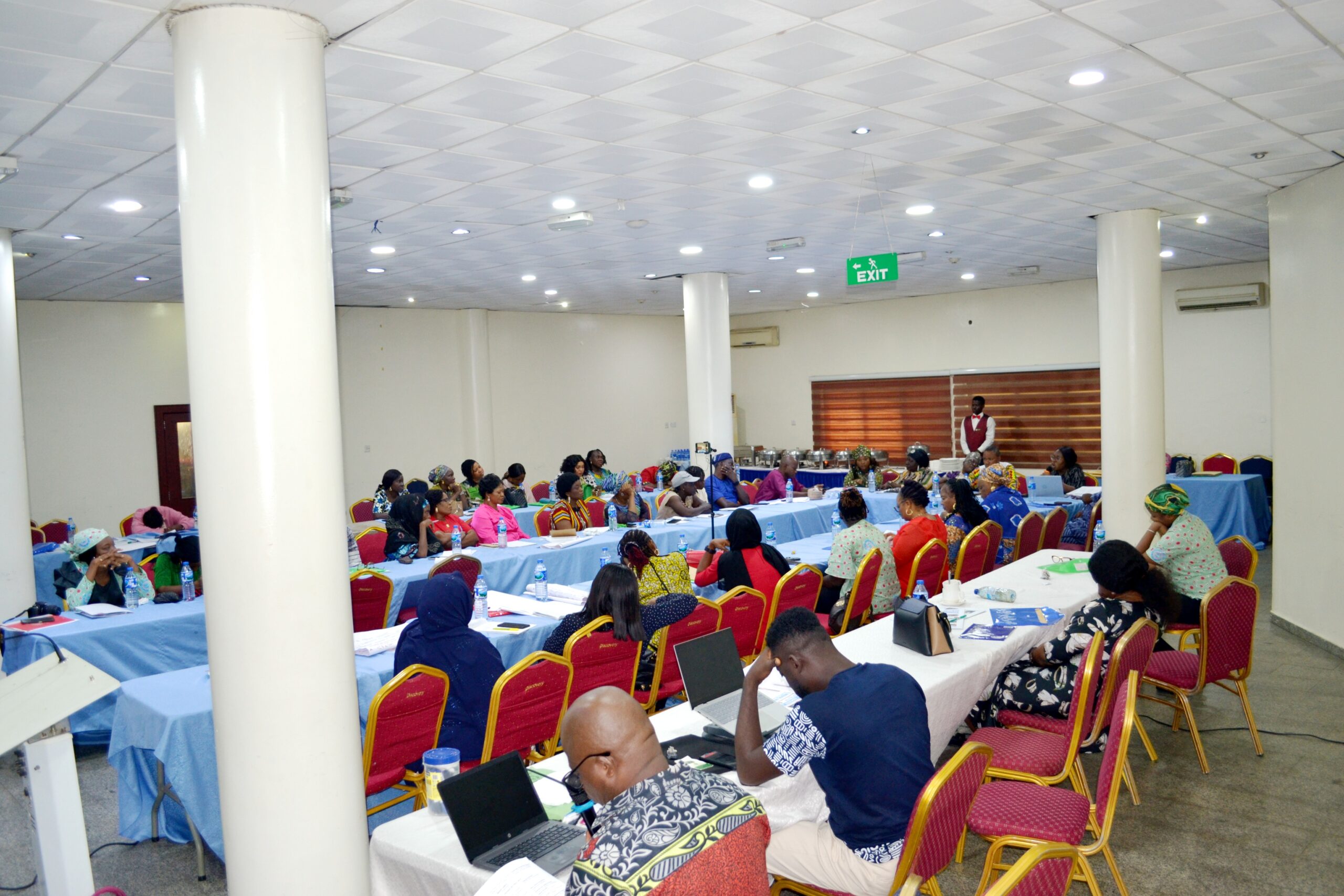Textile industries are spread across the Federation of Nigeria. They are located in such notable cities as Lagos, Kaduna, Kano, Funtua, Gusau, among others. Lagos has the highest number of textile factories. Kaduna until the closure of some of the textile companies had the biggest and the oldest integrated textile mills. Examples of integrated factories in Kaduna are the United Nigeria Textile Plc., Kaduna Textiles Limited and Arewa Textile Plc. Some of these companies are now distressed. UNT Plc alone had a total workforce of about 6000 as at December 1995. In 1978, the company employed as many as 7,000 workers.
Kaduna used to be referred to as a “Textile city” because big integrated mills are located in the city. The city hosts the headquarters of the union. The mills in Lagos are mostly small and unintegrated single-process plants when compared to those in Kaduna. However, there are also few big mills in Lagos which also employ relatively large number of workers and engage in all production processes. An example is Nichemtex Ikorodu Lagos.
Textile industry belongs to the so-called first generation industry in Nigeria. Nigeria’s textile industry is the third largest in Africa, next only to Egypt and South Africa. The oldest mills are Kaduna Textile Limited (KTL), established in 1957 and Nigeria Textile Mills (NTM) Ikeja Lagos established in 1962.
Production Process and Ownership
- The industry is capable of producing some estimated 1.4 billion different pieces of textile products. These include African prints, shirting, bed sheets, furnishing fabrics towels, embroidery lace, garments, table and bed linen, guinea brocades, wax prints, java prints, jutes and fishing nets.
- The manufacturing process involves spinning, weaving and knitting and finishing. Processing involves washing, singeing, mercerizing, glazing, dyeing, printing, drying transformed into finished cloth and embroidery.
- Technology and management are mostly foreign. While technology comes mainly from Europe and Japan, ownership and management are largely of Asian origin, notably Chinese, Indians, Japanese and Lebanese. The big integrated mills such as United Nigerian Textile Plc, Kaduna, Nichemtex Plc and Afprint Nigeria Plc in Lagos have Indian and Chinese management.
Industrial Relations
- The textile industry belongs to the private sector. Employers are represented by the Textile Employers Association, which is also affiliated to Nigeria Employers Consultative Association (NECA).
- Junior employees belong to the National Union of Textile Garment and Tailoring Workers, which is affiliated to Nigeria Labour Congress (NLC). Senior staff are represented by Textile, Garment and Tailoring Senior Staff Association.
- There is a national Joint Negotiating Council made up of the representatives of the management and junior employees. This council negotiates most important work-related issues affecting the junior employees; namely basic salary, transport, housing and leave allowances as well as food subsidy.
Problems and Prospects
- The industry depends on imports of the raw materials. These include a sizeable percentage of cotton requirements and almost all of the dyes and chemicals.
- The reliance on imported raw material and the problem of sourcing for foreign exchange have contributed to high cost of production.
- In addition to this are the problems of power supply and smuggling of relatively cheap textile goods from Asia. The industry also faces the problem of mismanagement and capital flight.
- If all the identified problems are solved, textile industry has the prospects of expanding its production level and employing more workers.






